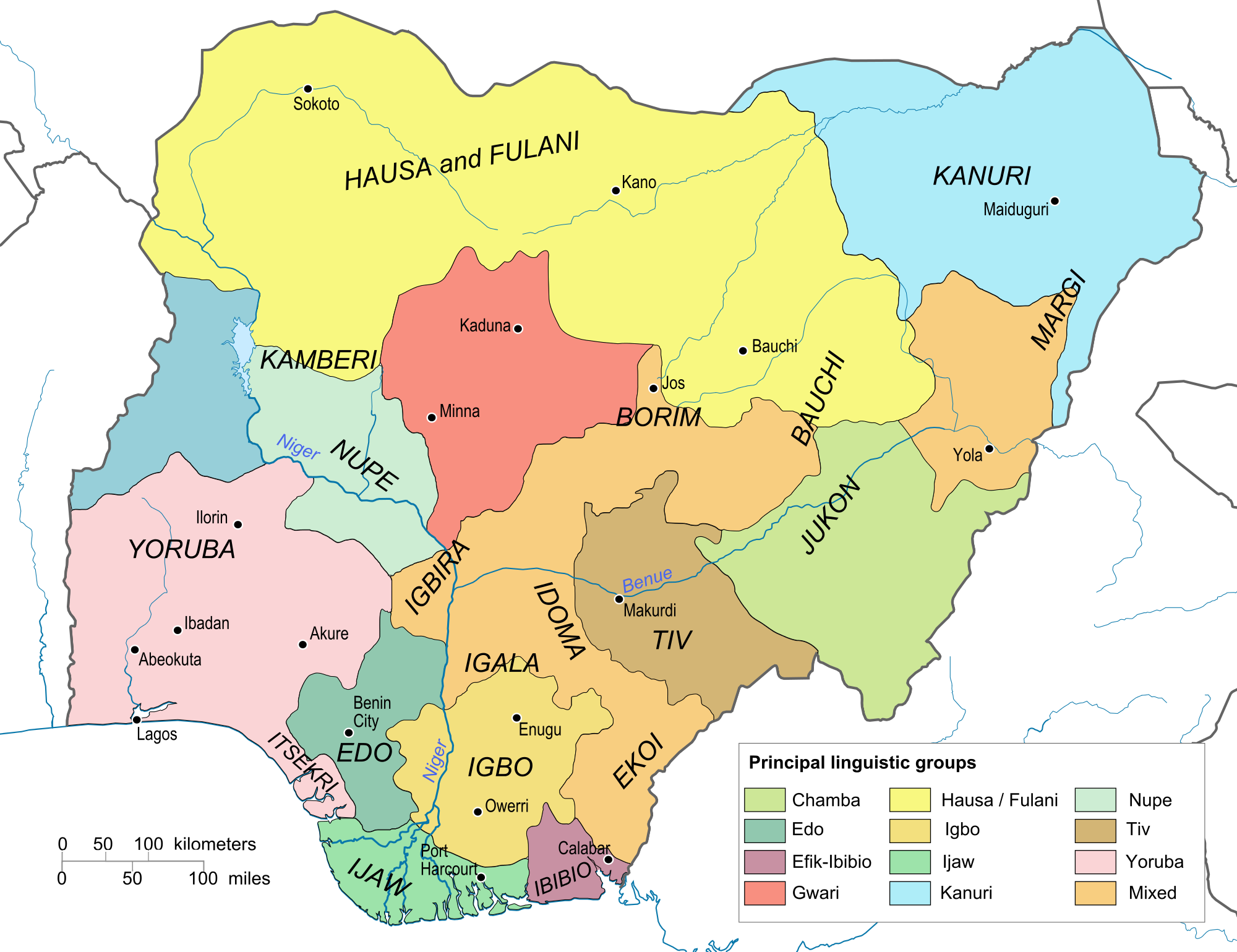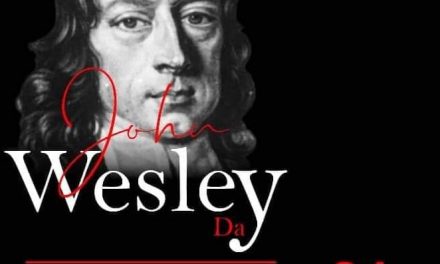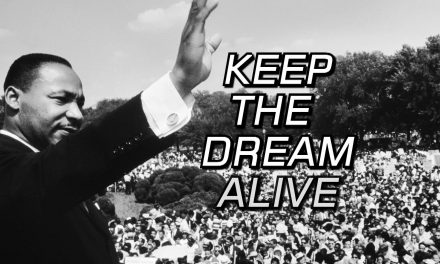An African proverb which says, “When an old man dies, it is as if a library is burnt down,” points to the role and importance of oral tradition and oral history in defining and reclaiming Nigerian vision beyond our self-made di-visions. Nigerian stories have been told for ages and passed down from generation to generation based on shared value of togetherness and promotion of corporate harmony and prosperity. In the beginning, the Nigerian story was about the story of God’s people created with diversity as God’s good intent and design. Nigerian diversity was ‘very good,’ with the development of different cultures like descendants of Noah – in clans and of people with the fear of God. Before the experience of the tower of Babel, humanity was mono-cultural, one language, and one vision just as our forefathers spoke with one vision for our independence 57 years ago.
Moving from our natural genetics to spiritual genetics, Nigerian generations and genealogies were all in like manner in the image of God. Beyond the experience of the tower of Babel, Nigerian people are model of the Patrilineal societies in Africa comprises major tribes – Yoruba, Igbo, Hausa, Fulani, and Ijaw. The Patriclan system among most Nigerian tribes continues to be morally, religiously, economically and politically important, respected, and connected. Like a typical African tribe, ‘each lineage of its ancestors, supervises marriages, and settles internal disputes among members.’ However, using the words of Professor Chinua Achebe, ‘the white man came and put a long knife on things that held us together and we have fallen apart.’ The early missionary and political activities in Nigeria planted a divided church and a divided nation. The truth is that we are more divided than when the missionary came to us.
Nigeria, an amalgamation of the British largest Colony in 1914 is the most populous nation in Africa with over 250 ethnicity and languages is blessed with some of the world’s best brains in almost every field of science, religion, technology, and evangelism. The discovery of our root provides us a greater awareness about our love and hospitality for others. Nigerian poverty began with rural poverty, ‘a rural urban drift in the practice whereby the elderly sit down with the youth during the evening in the rural areas to tell them about the past.’ The challenge today is that our ‘past is therefore becoming a thing of the past,’ especially when our younger ones are becoming less interested to know our godly value system in relation to the rich stories of the past in the face of the realities of today’s modern world. Nigerian vision need to start with the renewal of our rich and united information for the benefit of today’s and tomorrow’s children. We need to forgive one another, especially the effect of the Nigerian civil war. Must we continue to live on the past conflict between our fathers – Chief Obafemi Awolowo, Sir Dr Nnamid Azikiwe and Sir Ahmadu Bello?
Vision is the bridge between the past, the present and the future. Vision is what we see, but it is also the way in which we see. Vision is the lens that interprets the events of our life, the way we view people and our concept of God and His purpose for humanity as tenants in this temporal world. Our first national anthem, “Nigeria, We Hail Thee” used for our independence in 1960 until 1978 when we adopted the presented anthem, “Arise, O Compatriots” both summons us to Nigerian vision ‘where no man is oppressed.’ A major national problem today is that our national vision is impaired and our core values, the things we believe to be true determine the way in which we interpret life and our togetherness. We now speak more of ethnic questions – Yoruba question, Igbo question, Hausa question, Ijaw question and many more. We have become a marginalised group of people in one country. The truth is that in Nigeria, our eyes, our heart, and vision are distorted, bitter and infected. We need God’s mercy to face the enemies of our commonwealth.
Our eyes are the windows of our heart hence, Paul’s prayer that the eyes of our heart would be enlightened is very applicable for Nigerian vision beyond our di-vision. We perceive with our eyes but we see with our hearts just as our minds receive images from our eyes but our heart interprets these images. Nigerian vision beyond our di-vision could start with our renewed eyes and our heart. Presently, Nigerians hearts are bitter, hurt, and emotionally infected, hence, ‘the lens of our heart is distorted. What we perceive is happening and what is really going on could be two completely different things.’ Jesus said, “You will know the truth and the truth will make you free” (John 8:32). Many Nigerian live in a virtual reality, we see what we believe to be true. Nigerian vision of our common good will deliver us from a life of suffering and di-vision that virtual reality often causes.
Is our problem marginalisation? Who is marginalising who? Papa Professor Achebe, a man of character, who could not be corrupted with national honour said, “What’s the good of being in democracy if people are hungry and despondent and the infrastructure is not there …for some time now l have watched events in Nigeria with alarm and dismay. I have watched particularly the chaos in my own state of Anambra where a small clique of renegades, openly boasting its connections in high places, seems determined to turn my homeland into a bankrupt and lawless fiefdom.’ Papa Achebe provides us a foundation not only to the chaos in Anambra State but a clue to the source of marginalisation and corruption in Nigeria orchestrated by ‘a small clique of renegades, openly boasting its connections in high places.’ They have not only turn our homeland into a bankrupt and lawless fiefdom,’ they have turn our hungry and jobless youths to become kidnappers, ritualists and protesters. Is Nigerian problem marginalisation or manipulations by a small clique of politicians who takes home almost 80% of our commonwealth and not accountable to anybody?
We should not blame the small clique of renegades, the masses are to be blame. According to Professor Wande Abimbola, a former Vice Chancellor, Obafemi Awolowo University, Ile Ife and the Nigerian Senate leader between November 1992 and November 1993, “Our problems are the people and not the politicians. We vote them to go and steal and bring home the loot. When Abacha drove us out, I came to my house in Oyo. That is my only house in Nigeria. I had no car, so I took a bus and arrived home at 2am. I actually had two Mercedes Benz cars that were at home for 15 years before I gave them out. I was using taxis to go out. I went to Lagos twice in danfo (commercial bus) as a senator. On one occasion, I sat in the front seat. We entered Lagos at 5.30am. In the bus, people were talking about me. They said that I went to Abuja and I returned a poor man taking taxis each time I went out. One of them said that people like me who could not steal should not be voted for. When the bus stopped, I looked back and greeted them. I introduced myself to them and they were shocked. The people make the politicians thieves.”
Professor Abimbola lead a generation of Senators that was not paid a dime, “Only N5,000 was paid to each of us to visit our constituency once in a month.” The truth is that, our present and corrupt core values, the lens or eyes of our heart determines the way in which we interpret life and in making the politicians thieves. Our greed and corrupt core values cherishes material things at the expense of the peoples’ welfare.
Nigerian vision beyond our di-vision summons Nigerians to establish godly core value systems so as to redefine our oneness and love for one another regardless of our tribes. Our godly core value system is the principle to our Promised Land as against tribal hatred and unforgiveness. Godly national core value system is a vision to stop our greed and materialism. God is calling Nigerians to godly principle, vision to overcome corruption and moral decadence starting from our churches and mosques.











Recent Comments